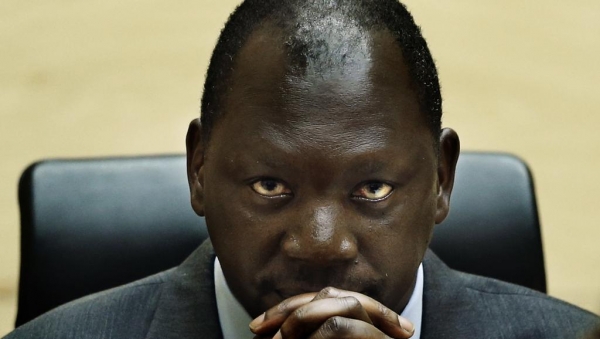The violations, including murder, physical assault and rape, have been taking place since colonial exploitation in the 18th century, and victims have not received reparations despite the fact that the right to reparation is guaranteed in international law as well as in the DRC national law, such as in its Constitution and its Civil Code.
This lack of compensation is not only due to the absence of the political will by successive DRC governments, but also the current judicial framework, the lack of resources, and the fact that the nature of the harm suffered by the victims and the scattered location of victims - within the DRC and abroad - is not yet accurately known.
A specific programme aimed at administering these reparations seems at this point more than necessary, just as the design of a judicial reparation scheme. There is limited precedence for awarding reparations in the DRC. The ICC started investigations of the situation in the DRC in June 2004. One of the cases it examined is that of Thomas Lubanga Dyilo, who was prosecuted for acts he committed during the Ituri conflict in the early 2000s, when two ethnic groups fought in the country’s northeast. As part of its verdict, the Court required that the victims of his crimes received symbolic and collective reparations, sufficient and proportionate to the harm they received, to relieve their suffering and promote reconciliation between them, the communities affected and the man condemned.
By analyzing the rulings on reparations made in the Lubanga case, this research paper aims at highlighting the potential of their application to today’s challenges, from the improvement of national judicial practices to the carrying out of a reparation programme that goes beyond legal decision-making. The author therefore suggests that making restorative justice for victims a reality is possible, but in order for that to happen several steps must be taken, such as the demonstration by the relevant political authorities of a genuine will for the achievement of this objective.







